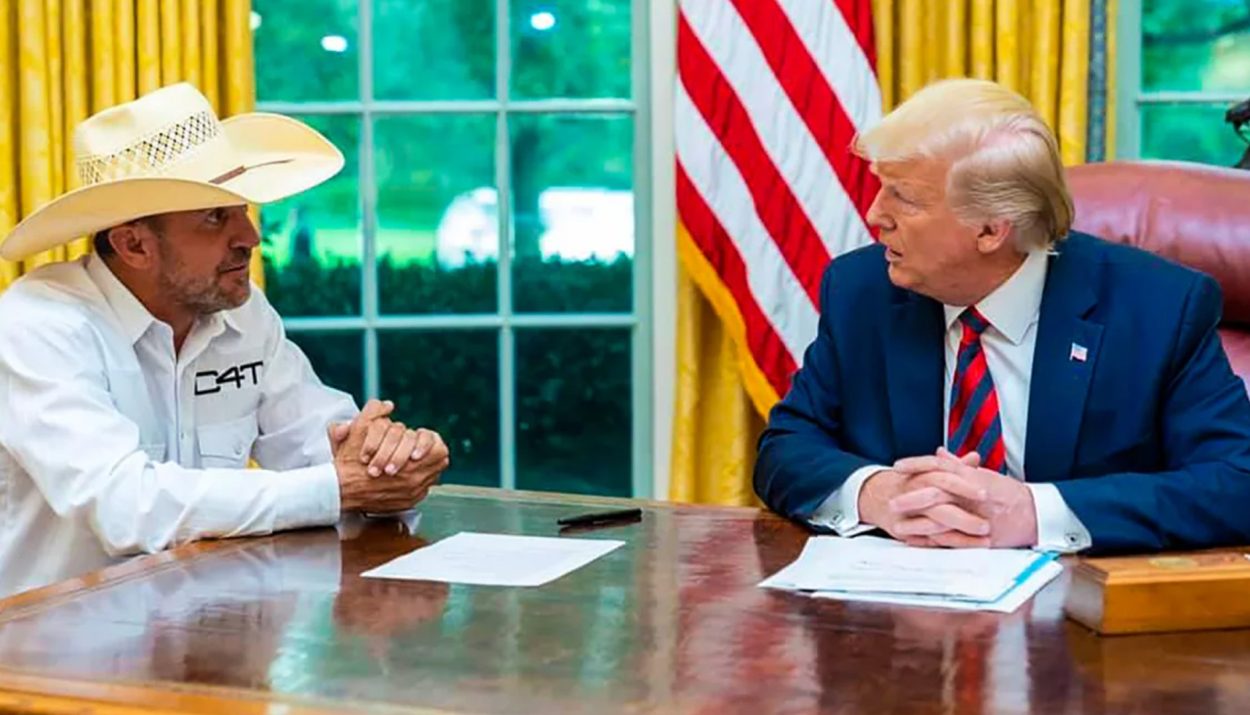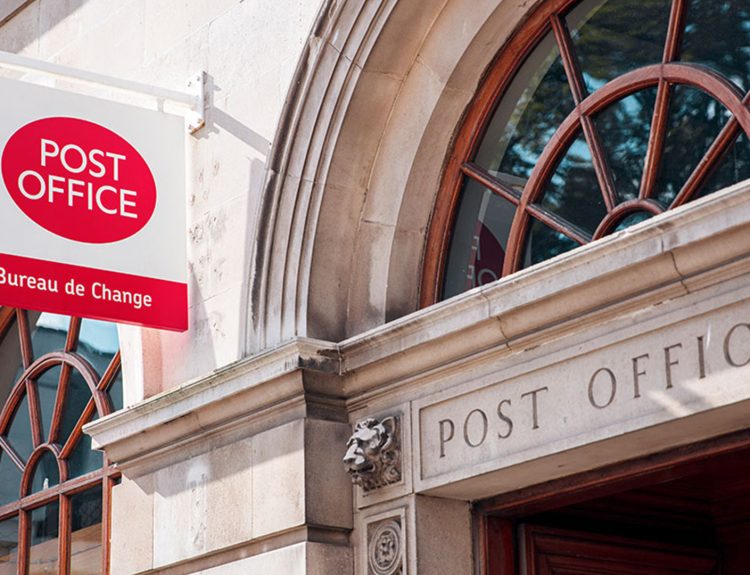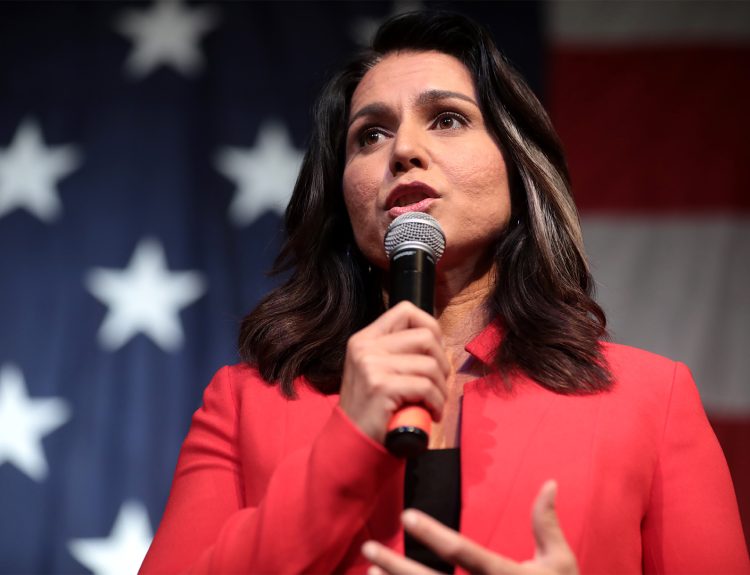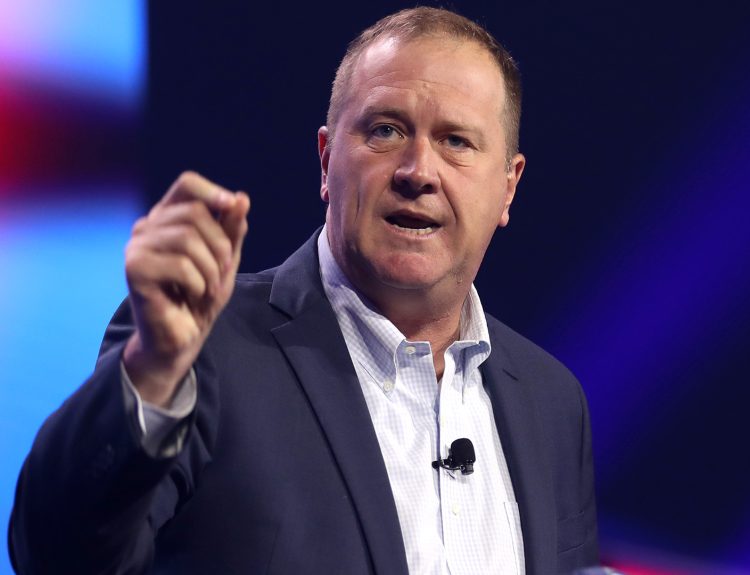The Supreme Court is confronting a wave of 14th Amendment disqualification cases in 2023 that is putting a Civil War-era rule barring insurrectionists from office back at the forefront. From former President Donald Trump’s challenges in Colorado and Maine to a New Mexico county commissioner removed from his local post, the previously rarely used Section 3 provision targeting ex-Confederates and insurrection backers is getting its day in court.
Most centrally, the justices must weigh complex questions around state powers, federal candidacy, and even the Congressional echoes of baseless 2020 election fraud claims as they shape potential precedents on interpreting and applying the rule.
Bipartisan Amendment Back In Spotlight After Years Of Disuse
Section 3 of the 14th Amendment, written to obstruct ex-Confederates from returning to power in government positions after the Civil War, had laid largely dormant for years before the storming of the Capitol on January 6th, 2021. Now, over two years out from that attack meant to overturn Trump’s election loss, the obscure provision has faced renewed attention. Specifically, Section 3 is now at the center of heated legal disputes with plaintiffs citing it as grounds to disqualify officials ranging from the former president to a rural county commissioner due to involvement in events related to the Capitol breach.
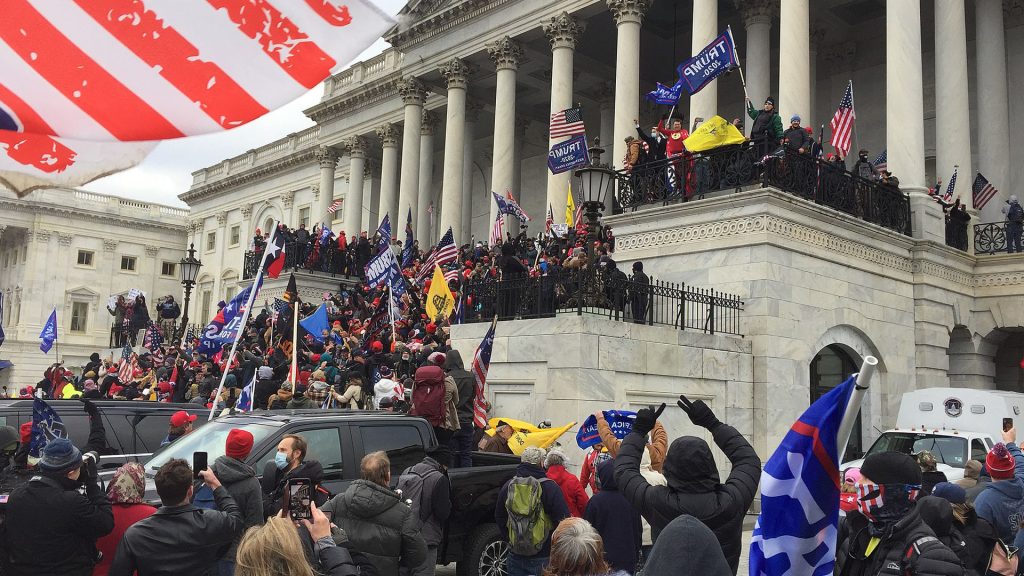
The wave of cases puts the bipartisan post-Civil War amendment, created by Republicans yet now used against Trump, back in the national spotlight after decades of scarce mentions or implementation.
Trump Disqualification Reaches Supreme Court As Former President Fights To Run Again
So far, only two states – Colorado and Maine – have formally acted to bar Trump from their primary ballots under Section 3 of the 14th Amendment related to the Capitol attack. But Trump preemptively took both state challenges to the Supreme Court, anxious to confront any roadblocks to a potential 2024 presidential run. During oral arguments, some Supreme Court justices zeroed in on whether the case involves unique constitutional questions about individual states’ powers to regulate federal candidates for national office, as opposed to standard state or local elected roles also now facing insurrection-related scrutiny. Their ruling could have major implications for Trump’s comeback bid.
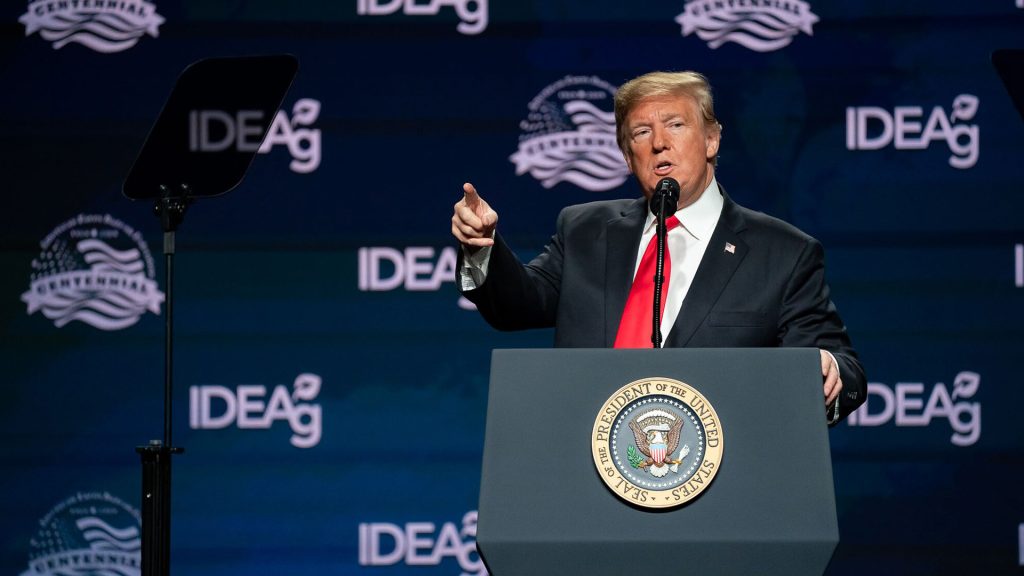
The case also puts Trump’s conduct itself squarely back on trial about the Capitol attack aftermath and attempts to deny his election loss.
Beyond Trump Challenges, County Commissioner Couy Griffin Ousted From Local Office
Concurrent to Trump’s high-profile Section 3 case, a New Mexico state judge has already relied upon the 14th Amendment provision to definitively remove county commissioner Couy Griffin from his local elected office due to Griffin’s conviction about illegal entry and disorderly conduct during the January 6th Capitol riot. Griffin, the founder of the group “Cowboys for Trump” that organized protests casting doubt on Joe Biden’s 2020 victory, also appealed his disqualification to the Supreme Court docket.
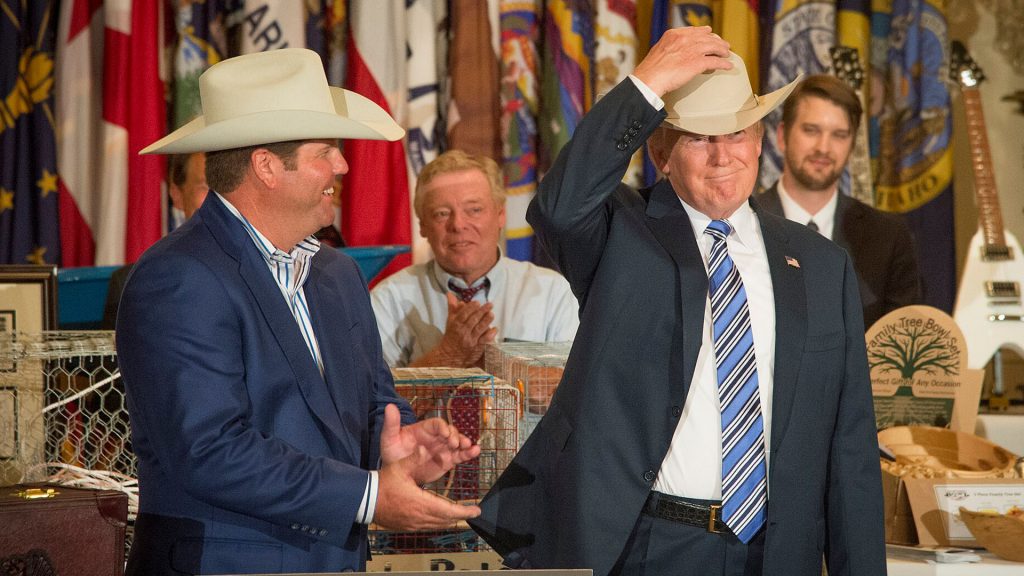
In his petition to the justices, Griffin questions whether his individuation in Capitol breach protests co-engagement in a violent “insurrection” sufficient to trigger a bar from officeholding under the 14th Amendment without additional fact findings.
State Efforts To Disqualify Members Of Congress Via 14th Amendment Largely Fail So Far
Besides Trump and Griffin’s ousters, some advocacy groups and voters have tried to get sitting members of Congress barred from office using Section 3 of the 14th Amendment as well. These include petitions filed by critics seeking to have prominent Republican House representatives like Marjorie Taylor Greene and Paul Gosar disqualified from their seats over ties to rallying election fraud claims ahead of the Capitol breach.

However, most Congressional disqualification attempts have floundered procedurally so far without triggering definitive rulings on the merits under Section 3. One rare ongoing case targets Pennsylvania Republican Congressman Scott Perry’s potential 2024 reelection run based on links between Perry, Trump allies, and illegal election tampering plots tied circulation of false fraud narratives before January 6th.
Court Weighs Standards: Defining Insurrection Versus Protected Speech
One central question facing the Supreme Court through both Trump and Griffin’s parallel 14th Amendment controversies involves setting clear standards on what specific speech or conduct definitively constitutes “engaging” in a violent insurrection unprotected from a disqualification penalty. Trump’s attorneys argue that rally speeches alone don’t meet that threshold.
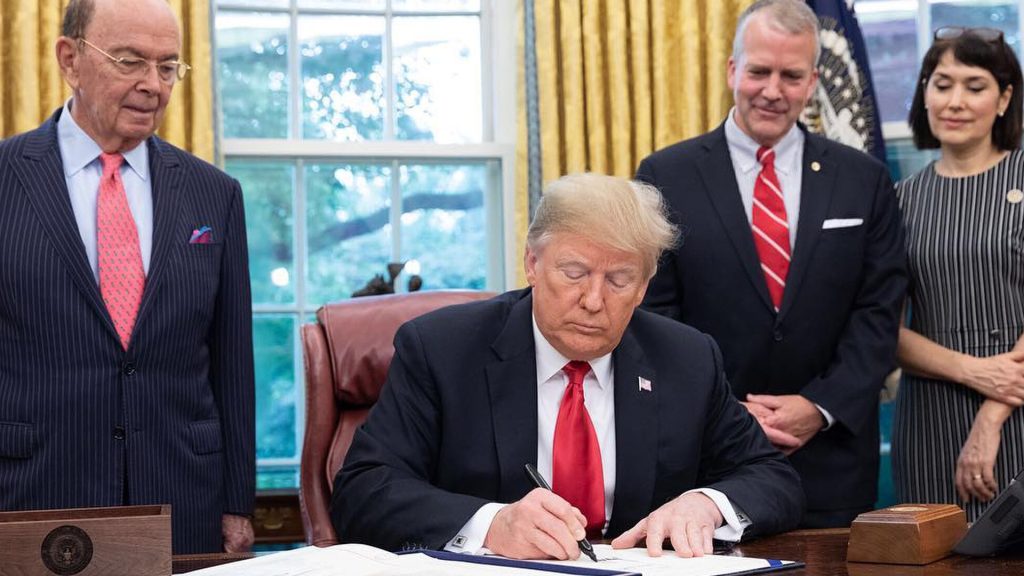
Civil liberties organizations warn an overly broad interpretation could chill protected political speech. At the same time, liberal justices probe whether backing coordination schemes between branches of government intended to overturn legitimate election results moves beyond expression into concrete insurrection activity the framers wanted to guard against. How the Court delineates and applies such standards here could establish a major new precedent in interpreting this relatively scarcely used section of the 14th Amendment.
Griffin Case Raises State Authority Issues, Potentially Impacted By Trump Precedent
Beyond the insurrection definition debates in both cases, a key dispute around Couy Griffin’s ouster itself involves state powers. Namely, the parties clash over whether the Supreme Court even maintains legal jurisdiction to review New Mexico’s removal of Griffin from his county-level position under the state’s constitution aligning with Section 3 or if that should be considered purely state executive enforcement the justices can’t touch.

The Trump case involves very different dynamics as a federal candidate. How the Supreme Court handles such jurisdictional questions around judicial review could vary between the two challenges. But any Trump precedent set on the amendment’s validity against presidents could still influence consistency on broader questions of 14th enforcement legitimacy against other officeholders like Griffin.
Case Timing Risks Leaving Key Constitutional Questions Unsettled
Although Griffin’s legal team originally petitioned the Supreme Court to hear their 14th Amendment appeal well before Trump’s case ended up on the docket, consideration of Griffin’s petition has lagged behind resolution of the Trump challenge. Delaying a decision on granting Supreme Court review of Griffin’s disqualification case until after the justices release their Trump v. Colorado opinion could allow the Court to rule consistently on common Section 3 issues.
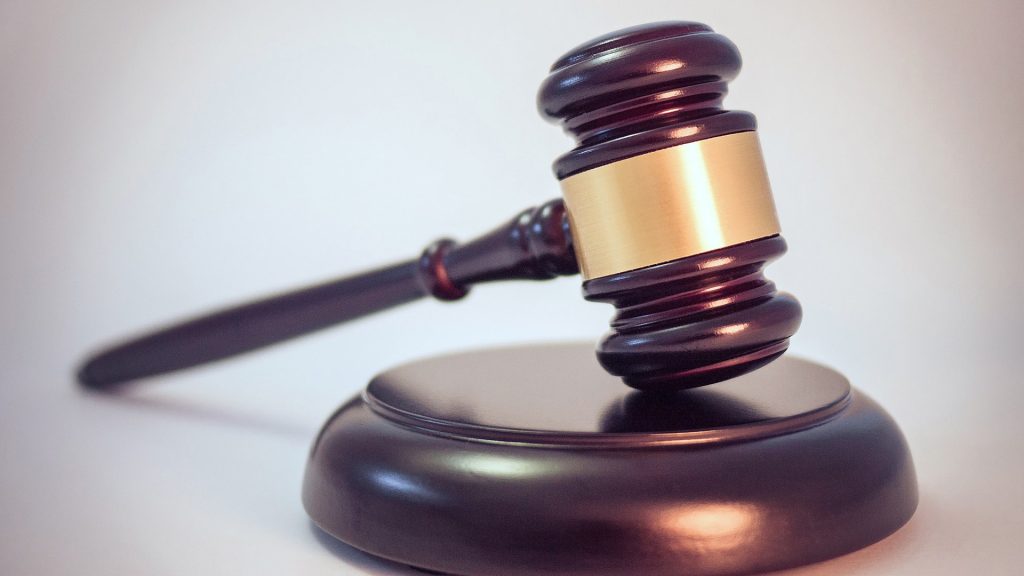
However, both Griffith’s counsel and the plaintiffs who initially sought his removal have urged swifter action. Without clarity, the former county commissioner remains barred from office over the contested interpretation of a 150-year-old measure raising unsettled democracy and free speech implications.
Current Cases Could Greenlight New Insurrection Challenges Against Officials
The upcoming Supreme Court opinions in both Trump and Griffin’s 14th Amendment controversies could directly impact more disqualification attempts beyond just these two high-profile elected officials. If the justices indicate that both state and federal officeholders can potentially face penalties under Section 3 over Jan. 6 related conduct based on sufficiently proven insurrection ties, that could pave the way for expanded complaints against other lawmakers at various levels.
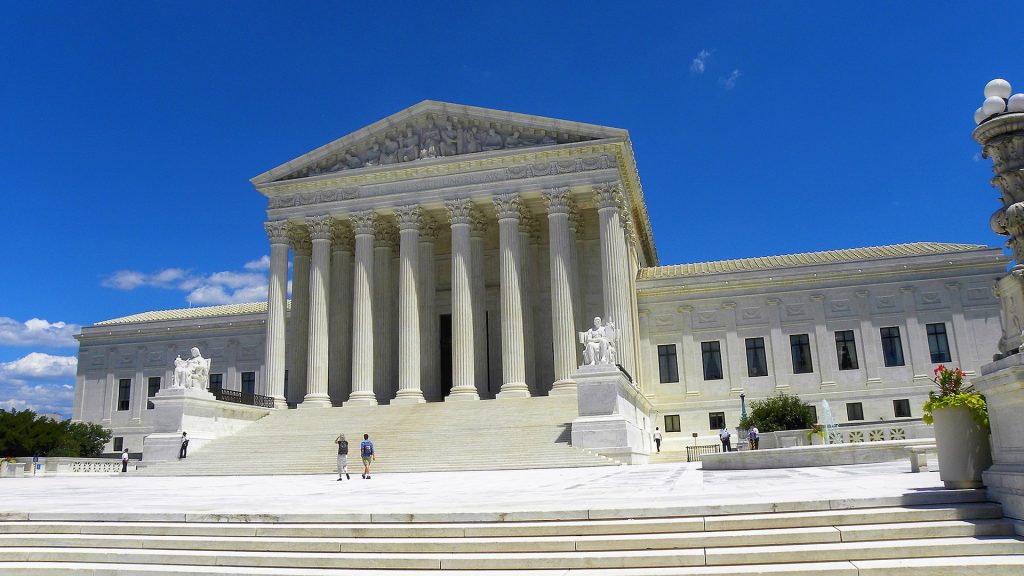
Already in 2023, some states are proactively updating existing laws listing “engaging in insurrection” as newly specified grounds that could render specific candidates ineligible for the ballot if they played related provable roles based on the Supreme Court’s pending constitutional guidance determining how far that clause can reach.
Plot Twist: Scrutiny Raises Questions Around Congress’ Insurrection Roles
Some legal experts speculate that if the Supreme Court justices reinforce states’ powers to investigate and penalize potential insurrection activity through 14th Amendment candidacy challenges – especially concerning high federal elected offices like Trump’s former presidency – similar logic would support Congress itself using Section 3 scrutiny against its members over Jan. 6 allegations.

Heightening attention on such questions, multiple lawmakers now facing various probes around the 2021 electoral breach had also echoed aspects of Trump’s baseless voter fraud narratives ahead of the fateful objections that delayed certification as rioters stormed past police into the Capitol building that day.
150-Year-Old Amendment At Crux Of Modern Democracy Crisis Questions
At their core, the variety of cases spotlighting the 14th Amendment’s little-used Section 3 arrive at a pivotal crossroads over principles of American democratic stability after disputed 2020 election outcomes gave way to contentious protests undermining free and fair access to the ballot.

Exactly how the Supreme Court chooses to interpret and apply its insurrectionist penalties now will shape wider public understanding of what rhetorical fueling of anger versus material organization of unlawful disruption divide legal speech from disqualifying actions antithetical to the Constitution. Those judgments carry deep import both looking back and forging ahead at this turbulent inflection point testing the national compact.

